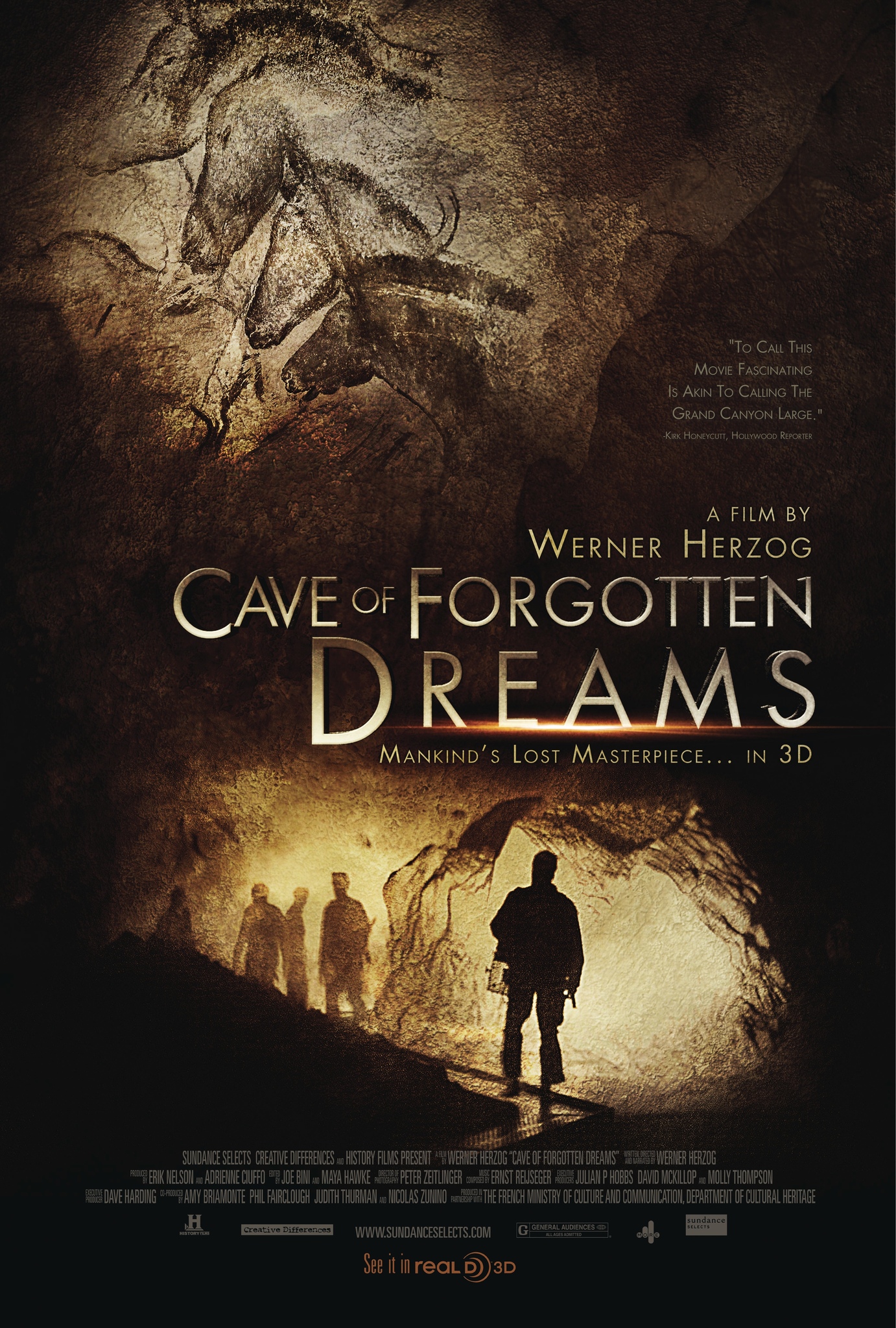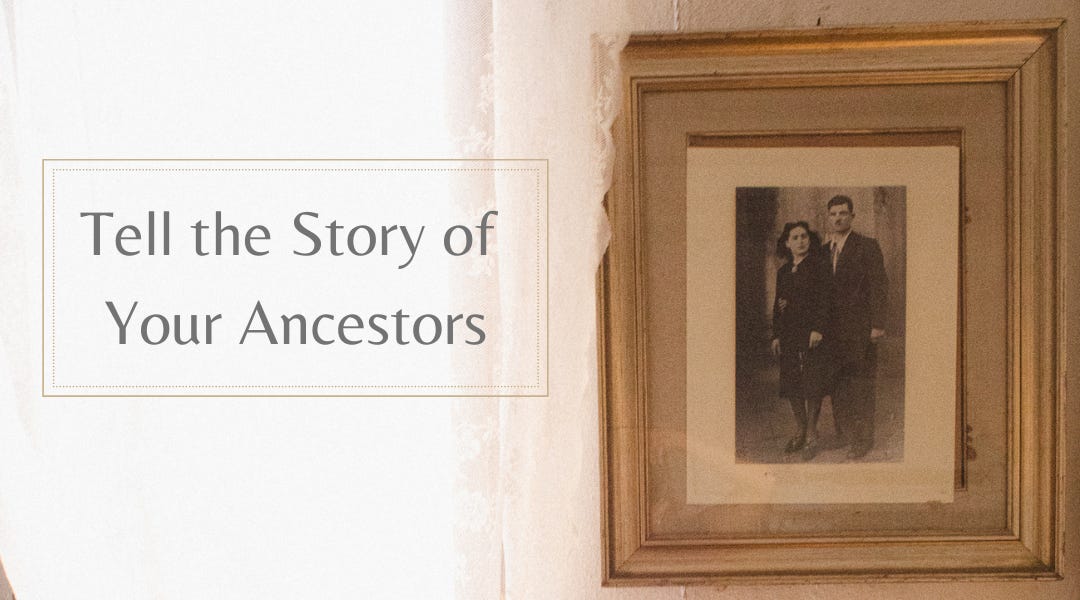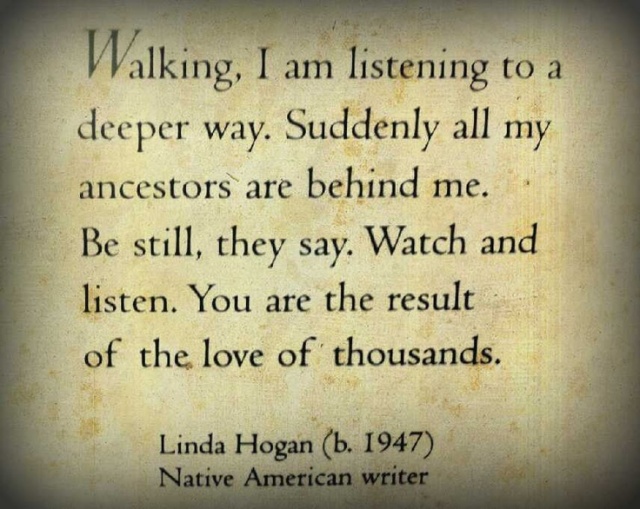
1. Introduction: The Silence Between Generations
In a world obsessed with speed, progress, and what’s next, we often forget to ask the most human question of all: Where do I come from? Forgetting our ancestors isn’t just about neglecting names in a family tree. It’s about disconnecting from the roots that nourish identity, purpose, and belonging. At Remin.site, we believe memory is legacy. Every story remembered is a bridge to those who came before—and those who will come after.
Our grandparents’ tales once flowed at kitchen tables, passed like sacred recipes. But now, how many of us know our great-grandmother’s name? Or the dreams our ancestors carried across oceans and borders?
“Walking, I am listening to a deeper way. Suddenly all my ancestors are behind me. Be still, they say. Watch and listen. You are the result of the love of thousands.” — Linda Hogan
The Fading Presence of Elders in Modern Life
As families scatter across continents and generations become more fragmented, the voices of elders are no longer central in daily life. Nursing homes replace multi-generational households. Texts replace storytelling. And in the silence, wisdom fades.
The Erosion of Oral Storytelling Traditions
Oral traditions—the lifeblood of countless cultures—once held history, myth, and memory together. Today, they struggle for space amid endless content and noise. When we stop telling these stories, we don’t just forget facts—we lose meaning.

2. Why Ancestors Matter
Remembering our ancestors is not nostalgia—it’s necessity. Whether you’re lighting a candle for a departed loved one or tracing your DNA, the act of remembering grounds you. It reminds you that you’re not isolated. You’re part of something vast, woven from resilience, sacrifice, and dreams.
Ancestral Memory and Identity
Our identities are built on stories. According to Psychology Today, children who know more about their family history show greater emotional resilience. They feel anchored—less likely to be swept away by life’s turbulence.
That sense of “I come from somewhere” fosters:
- Emotional stability
- A clearer sense of purpose
- Deeper empathy across generations
Historical Knowledge as Cultural Compass
Each ancestor is a chapter in a longer story—of migrations, revolutions, rituals, and reinventions. Remembering them is like reading the blueprint of how you came to be. Their experiences guide ours. Their wisdom—if remembered—can help us avoid the same mistakes.
UNESCO emphasizes the importance of intangible cultural heritage, which includes traditions passed through generations. Losing them is losing an entire operating system for how humans once lived in harmony with nature, each other, and spirit.
3. Psychological & Emotional Impact of Disconnection
What happens when we lose these stories? The results aren’t just abstract—they are measurable, personal, and painful.
Rootlessness and Lack of Belonging
Without a lineage to connect to, many feel untethered. A 2020 study on ancestral forgetting shows how people without knowledge of their family history report higher levels of anxiety and loneliness. They feel as if they “came from nowhere.”
Belonging isn’t just a social need. It’s a spiritual one.
Epigenetics and Inherited Trauma
Modern science is catching up to what indigenous cultures have long known: trauma passes down. Through the lens of epigenetics, we now understand that pain experienced by ancestors can alter gene expression in descendants. This isn’t myth—it’s measurable. As explained in Scientific American, trauma is not just a memory—it becomes biology.
But the reverse is also true: healing can also be passed on. When we remember, grieve, and honor our past, we begin to rewrite the narrative—both emotionally and biologically.
4. Cultural Heritage at Risk
Globalization has brought us closer together—but at the cost of cultural distinctiveness. Languages disappear. Rituals fade. The more we adopt a single global culture, the more ancestral nuance dissolves.
Vanishing Languages and Traditions
Every 14 days, a language dies. With it goes a worldview, a spiritual system, and centuries of wisdom. According to UNESCO, many traditions—including songs, dances, herbal knowledge, and origin stories—are at risk of extinction.
And with them, the ability to pass on memory in its original tongue—the sacred connection between sound, story, and soul—is lost.
Globalization and Cultural Homogenization
While global unity is a noble goal, it often comes at the price of local soul. We adopt the same apps, wear the same clothes, eat the same food—and forget the recipes, clothes, and beliefs of our grandmothers. When every story becomes the same, we lose what makes each of us different.

But not all is lost. Memory, once endangered, can be revived. And at Remin.site, we believe every forgotten story can still find its voice. Death is not the end. It’s the beginning of legacy—if we choose to remember.
5. Stories That Heal: Intergenerational Narratives
Some stories hurt—but even more, they heal. In cultures across the globe, intergenerational storytelling has been used not only to preserve the past, but to make sense of it, to transform pain into wisdom, and silence into song.
Resilience Through Remembering
In families where trauma has taken root—whether through war, displacement, or generational poverty—telling the truth about what happened is a powerful act of healing. The burden of unspoken history often weighs heavier than the history itself. When we speak, when we share, when we finally remember, we make room for compassion and understanding.
“We tell ourselves stories in order to live.” — Joan Didion
At Remin.site, we’ve seen how families that document even the hardest parts of their history create not just connection, but emotional resilience across generations. These stories help descendants better understand themselves and break patterns they might otherwise unknowingly inherit.
Rituals, Symbols, and Healing Narratives
Remembering doesn’t always happen through words. It can come in the form of lighting a candle on the anniversary of an ancestor’s death, planting a tree in their name, wearing traditional clothing, or preparing a ceremonial dish.
These acts become living stories—rituals that tether us to the past while breathing life into the present.

6. How to Reconnect with Your Roots
You don’t have to be a historian to start preserving your family’s stories. Reconnecting with your roots is a journey—one that starts with curiosity and grows with intention.
Genealogy, Interviews, and Archives
Here are some practical steps to begin:
- Talk to elders: Ask your grandparents or older relatives about their lives. Record the conversations if possible.
- Start a memory archive: Use platforms like Remin.site to store and organize voice recordings, scanned letters, photos, and videos.
- Explore public records: Visit national archives, church registries, and online ancestry databases.
- Create a family tree: Free tools like FamilySearch or paid services like Ancestry.com can help you get started.
These resources give you more than data—they give you connection.
Cultural Practices and Ancestral Rituals
Beyond facts and dates, revive the spirit of your lineage by embracing:
- Traditional music and dances
- Festivals that honor your ancestors
- Regional dishes passed down through generations
- Religious or spiritual practices from your homeland
Even a small act—like learning one phrase in your ancestral language—can reopen a door that history tried to close.
7. Conclusion: Memory Is Legacy
To forget our ancestors is to forget ourselves. In their struggles, we find strength. In their stories, we find direction. And in their memory, we find meaning.
Death is not the end. It is the beginning—if we choose to remember.
Every voice you archive. Every story you pass down. Every ritual you perform. These are not just acts of remembrance—they are acts of resistance against erasure. They ensure that the sacred line connecting past to present continues into the future.
Let Remin.site be your vessel—a space where memory lives on, not as relic, but as legacy.
FAQs
Why is it important to remember our ancestors?
Remembering our ancestors helps us understand who we are. It grounds us in history, strengthens emotional resilience, and ensures that cultural values and lessons are passed on to future generations.
What are the effects of forgetting family history?
Forgetting your family history can lead to a loss of identity, emotional disconnection, and even increased anxiety or feelings of rootlessness. You lose not only information but a deeper sense of belonging.
How can I reconnect with my cultural roots?
You can reconnect by speaking to family elders, preserving documents and stories on platforms like Remin.site, participating in ancestral rituals, or learning about your heritage through language, food, and customs.
Can remembering help heal generational trauma?
Yes. Recognizing and telling family stories—including those that involve pain—can help break the cycle of silence. Research in epigenetics and psychology supports that storytelling is a powerful healing tool.
Where do I start if I know nothing about my ancestors?
Start with what you know. Talk to living relatives, search online databases, and build from there. Every small piece of the puzzle matters. Let curiosity guide you—you might be surprised at what you discover.
Don’t let your story end in silence. Begin the journey of remembrance today—with your voice, your family, your memory. Start now at Remin.site.
